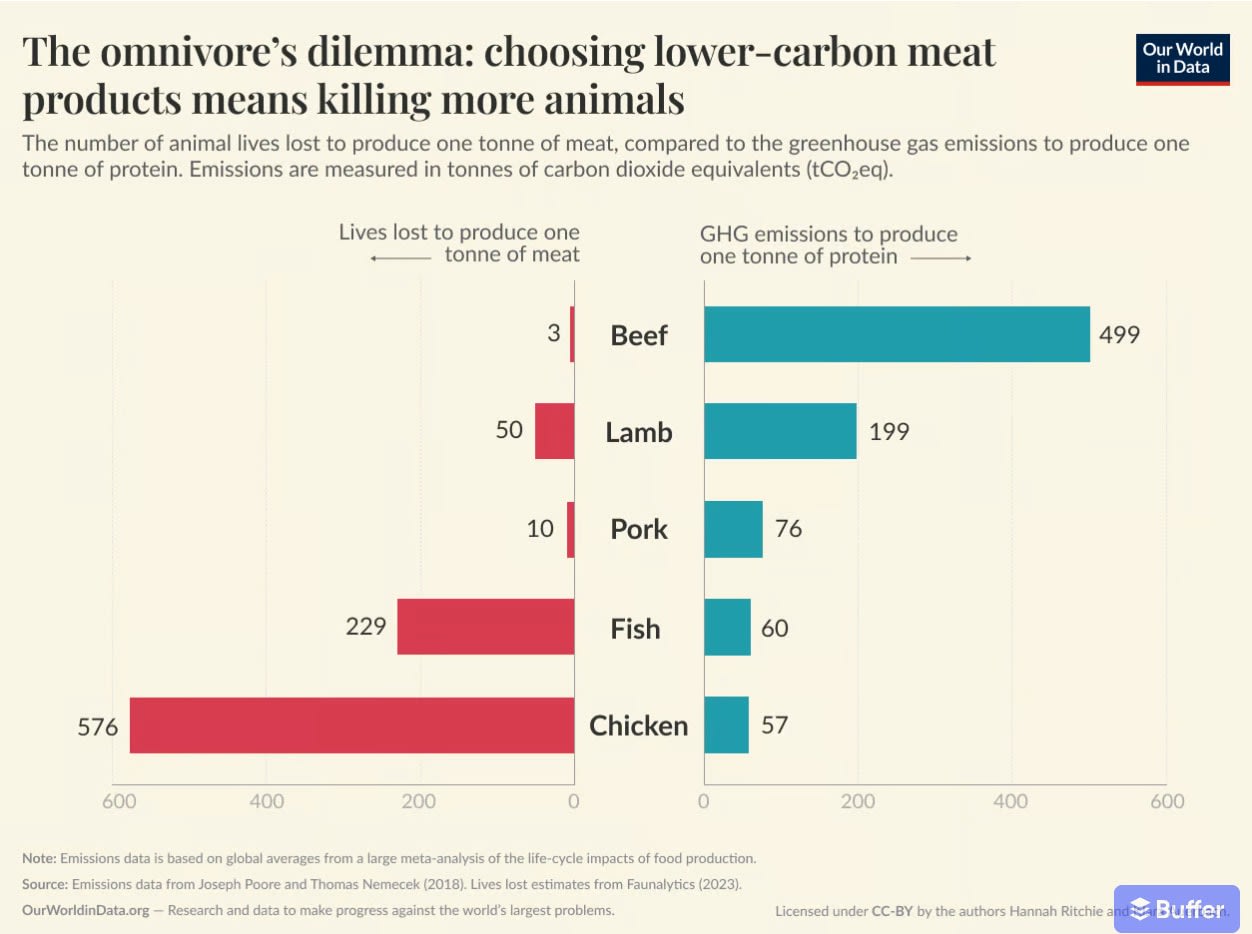Please join us for a powerful event at the heart of DKU ECO-FEB 2025, where rigorous ethical inquiry meets practical action. Organized by Duke Kunshan University's Plant Futures Club, this event invites us to explore how small, conscious choices can drive global well-being.
What to Expect:
-
🎤 Insights from Maggie Baird (Feb 21st, 9 AM Beijing Time / Feb 20th, 19:00 CST):
Maggie Baird, founder of the plant-based advocacy non-profit Support + Feed, will share her journey in sustainable activism. Learn how her commitment to ethical living shows that every action—no matter how small—can contribute to meaningful change. 🌱 -
💬 A Conversation with Peter Singer (Feb 21st, 10 AM Beijing Time / Feb 20th, 20:00 CST):
Join renowned philosopher and author Peter Singer for an enlightening discussion on the ethics of effective altruism and utilitarianism. His thought-provoking ideas challenge us to make mindful decisions for the greater good, focusing on what we can control to maximize impact. 🌟
Event Details:
- Date & Time: Feb 21st, 9 AM - 11 AM (Beijing Time) / Feb 20th, 19:00 - 21:00 (CST)
- Location: Online via Zoom
- Open to academics, students, and advocates globally.




Sorry I put the wrong time zone.